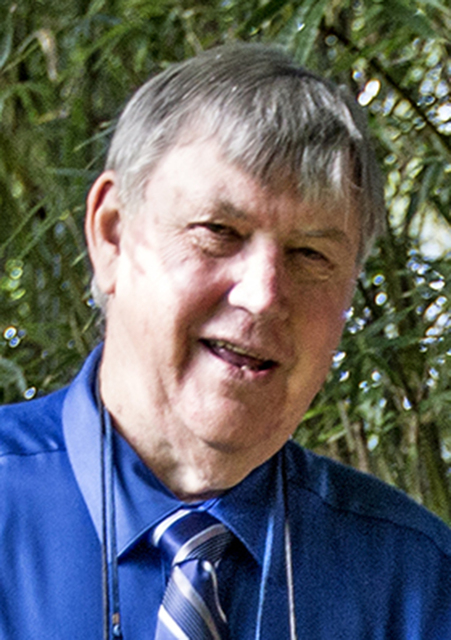KAILUA-KONA — Come summer, hunters using Pohakuloa Training Area will be required to register with a database, submit to a background check and pay an annual permit fee. ADVERTISING KAILUA-KONA — Come summer, hunters using Pohakuloa Training Area will be
KAILUA-KONA — Come summer, hunters using Pohakuloa Training Area will be required to register with a database, submit to a background check and pay an annual permit fee.
U.S. Army officials say the new online management tool isn’t just about keeping better track of hunters and tightening up security around military installations. It also will allow sportsmen to check into hunting areas via their cellphones and report their kills remotely using the same method, said John Polhemus, game manager for PTA.
Hunters no longer will need to travel out of their way to register at three check-in stations before accessing the training area’s 51,000 acres of hunting lands, he said.
“The whole premise is to streamline check-in, checkout and data collection,” he said.
The platform, known as iSportsman, also will have an online map of open hunting areas, and registered hunters will receive email updates about hunting activities.
The fees — amounts that have not been released — will go into the PTA hunting program to pay for signs and equipment, Polhemus said.
Several classes of permits likely will be issued, including game bird, game mammal, a general permit and possibly a short-term visitor permit, he said. Youth and senior access will remain free.
Hunters can register for free until July by visiting https://pta.isportsman.net and hitting the log-in button. After that initial period to familiarize hunters with the program, registration will be mandatory and no longer free, Polhemus said.
Polhemus said the tightening of security at military installations is a national trend that also applies to contractors, researchers and others accessing the bases.
Tom Lodge, chairman of the Hawaii County Game Commission, doesn’t have a problem with background checks for access to military bases, but he expects the checks and fees to generate some pushback.
“Some people are against background checks, period,” he said. “On a military base, I don’t see an argument against a background check. Not today. Life is changing.”
Lodge hopes the checks won’t keep hunters out of the forest, and he questioned whether criminal activity in a hunter’s distant past will be held against them.
“How extensive will the checks be, and will they include mental health?” he asked.
Lodge said he did like the fact the system will allow registered hunters access to military bases throughout the country, and saw greater convenience in the Web-based program.
“If it lets you provide bag data, that’s awesome,” he said.
The platform will offer a new line of communication to help address a gap between hunters and the training area, Polhemus said.
The way it works now, the game manager prints maps of the hunting areas and spends an hour and a half each week driving around to post the information at the different check-in stations. Additionally, the Army announces hunts through press releases to the local media, “where if you see it, you see it, and if you don’t, you don’t,” Polhemus said.
There were more than 2,000 individual hunting trips at PTA in 2015, with some 650 individuals participating in hunts during the last six months of that year.
Email Bret Yager at byager@westhawaiitoday.com.



